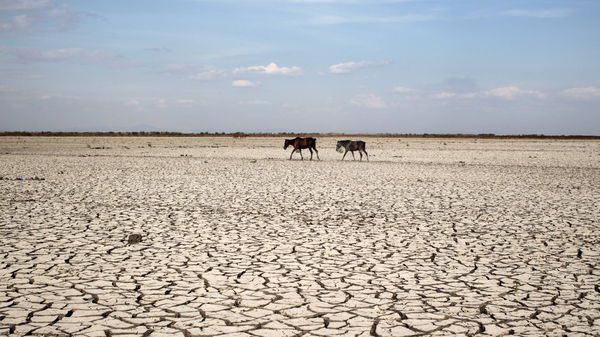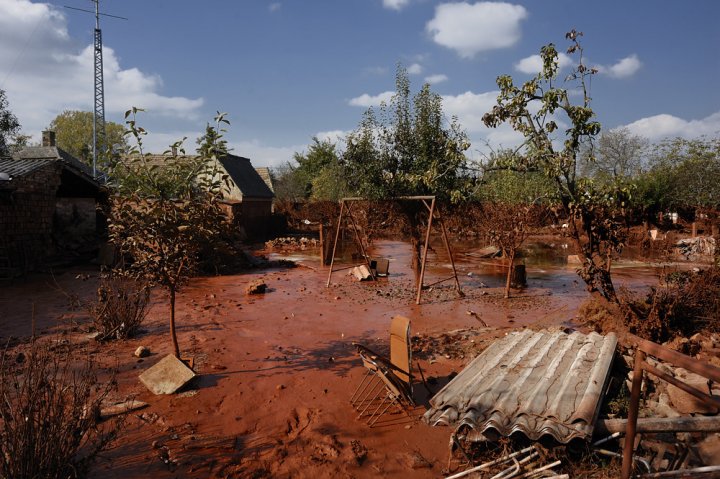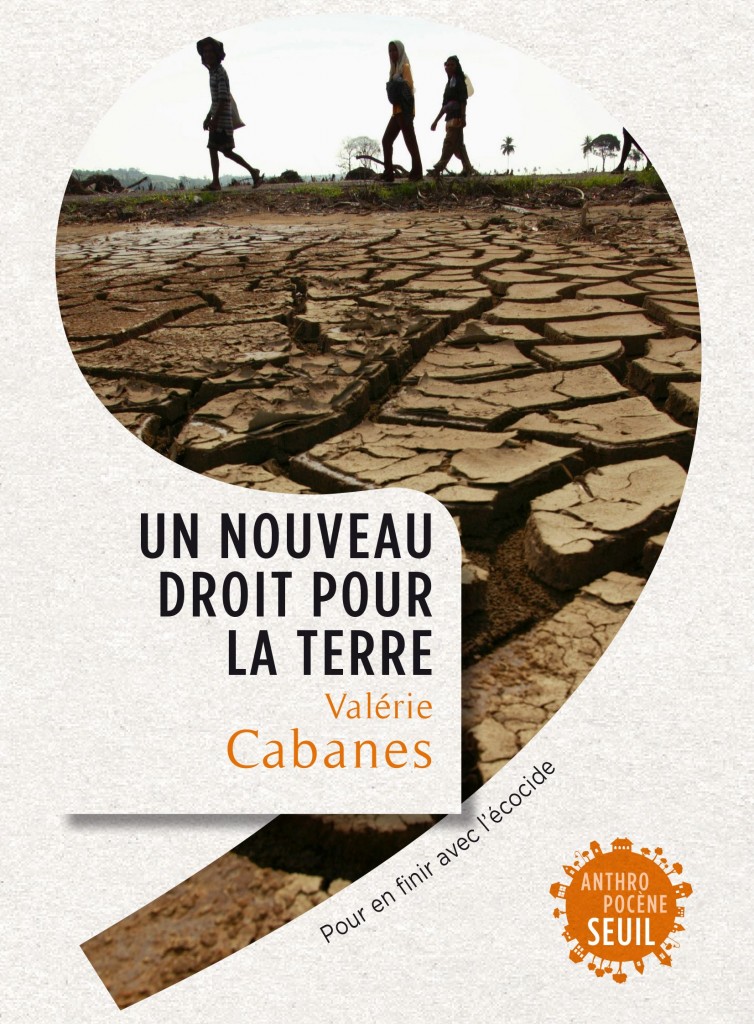In this blog post, Barbara Bera explores the links between ecocide and human rights. Barbara is a research volunteer from Slovenia, who studied law at University of Ljubljana and has mainly focused on human rights issues in her degree thesis.
Human rights are the foundation of all other rights, which all human beings are entitled to enjoy, by virtue of their humanity. They are inherent, inalienable, interdependent and indivisible, therefore they cannot be established, only legally declared. Legal regulation plays a very important role, when it comes to the realization of human rights. On the international level human rights are declared in several legal instruments, but the most widely accepted instrument is the 1948 Universal Declaration of Human Rights. It encompasses civil and political as well as economic, social and cultural rights, all based on principles of universality. International human rights law also caused the development of specific regional and national human rights systems, such as European Convention on Human Rights, which are usually adjusted to the local conditions. But nevertheless, international law has emerged as a very important mechanism, when it comes to persuading the countries of globally important issues.

Image by pachamama.org
Environmental policy nowadays is certainly one of those globally important issues. But what does it have to do with human rights? Well, for human beings nothing is more basic to life than food, water and clean air and if these goods are contaminated, it can seriously affect human health and even life. It is scientifically proven that this is one of the main reasons for many diseases all over the world[1]. Therefore many legal experts have already come to the conclusion that a clean and healthy environment is integral to the full enjoyment of a wide range of human rights. In fact, at the United Nations 2002 Meeting of Experts on Human Rights and the Environment, they have recognized that »… environmental protection constitutes a precondition for the effective enjoyment of human rights protection, and that human rights and the environment are interdependent and interrelated«[2]. Based on this approach the requirements for a right to clean and healthy environment, as an independent substantive human right, are becoming more frequent. However, some legal experts find such approach unpersuasive, as it is vague and too general in terms of its content, scope and enforcement[3].
Nevertheless, something as essential for human life and health as clean and healthy environment, should be a human right. This is because the current regulation does not provide comprehensive protection. Insufficient protection of the environment causes increasing damage to human health and decreases the quality of life. It is also very difficult to achieve the objective of respecting a clean and healthy environment through other human rights. In some cases violation of basic human rights (right to life, health, clean water, food, etc.) arises from polluted environment, which is afterwards very difficult to prove. And that is the main reason why it is necessary to declare a new human right, the right to clean and healty environment, because it is the only way to protect human life and health a priori. The primary purpose of human rights is to prevent the abuse and not to subsequently punish for the committed violation.

Image by davidsuzuki.org
But in order to completely ensure the respect of human rights, mere declaration is not enough. Legislation must be based on the respect of human rights, it must provide adequate mechanisms to guarantee the rights and to prevent violations. Depending on the content of the human right, fields of legislation which ensures the respect and protection of certain human rights, varies. For instance, some fundamental human rights, such as right to life, liberty, freedom from torture and cruel, inhuman treatment or punishment, etc., are, inter alia, subject to criminal law protection. On the other hand, social rights are more subject to social-security law. Therefore, in order to ensure the respect of the human right to clean and healty environment, the proper legislation must be provided also. Current legislation in this area is very inadequate and does not provide sufficient protection. Due to the wide impact of »ecocide«[4] on human life and health, life of animals, plants, and even on life of future generations, human rights are being violated. There is a potential violation of the right to life, the right to food, water, health and there is a clear violation of the right to clean and healthy environment. Ecocide should, therefore, be a subject to criminal law. General prevention is highly important in this case, therefore a criminalization of ecocide is essential for effective enjoyment of human right to clean and healty environment, as well as several other human rights.
[1] For more information about how environmental pollution affects human health: http://bmb.oxfordjournals.org/content/68/1/1.full
[2] http://www2.ohchr.org/english/issues/environment/environ/conclusions.htm
[3] For more information about »The Status of the Human Right to a Clean and Healthy Environment«, page 11-47: http://commonslawproject.org/sites/default/files/Regenerating%20Essay,%20Part%20I.pdf
[4] Defined as: »the extensive damage to, destruction of or loss of ecosystems of a given territory.« http://www.endecocide.eu/home/?lang=en



0 Comments